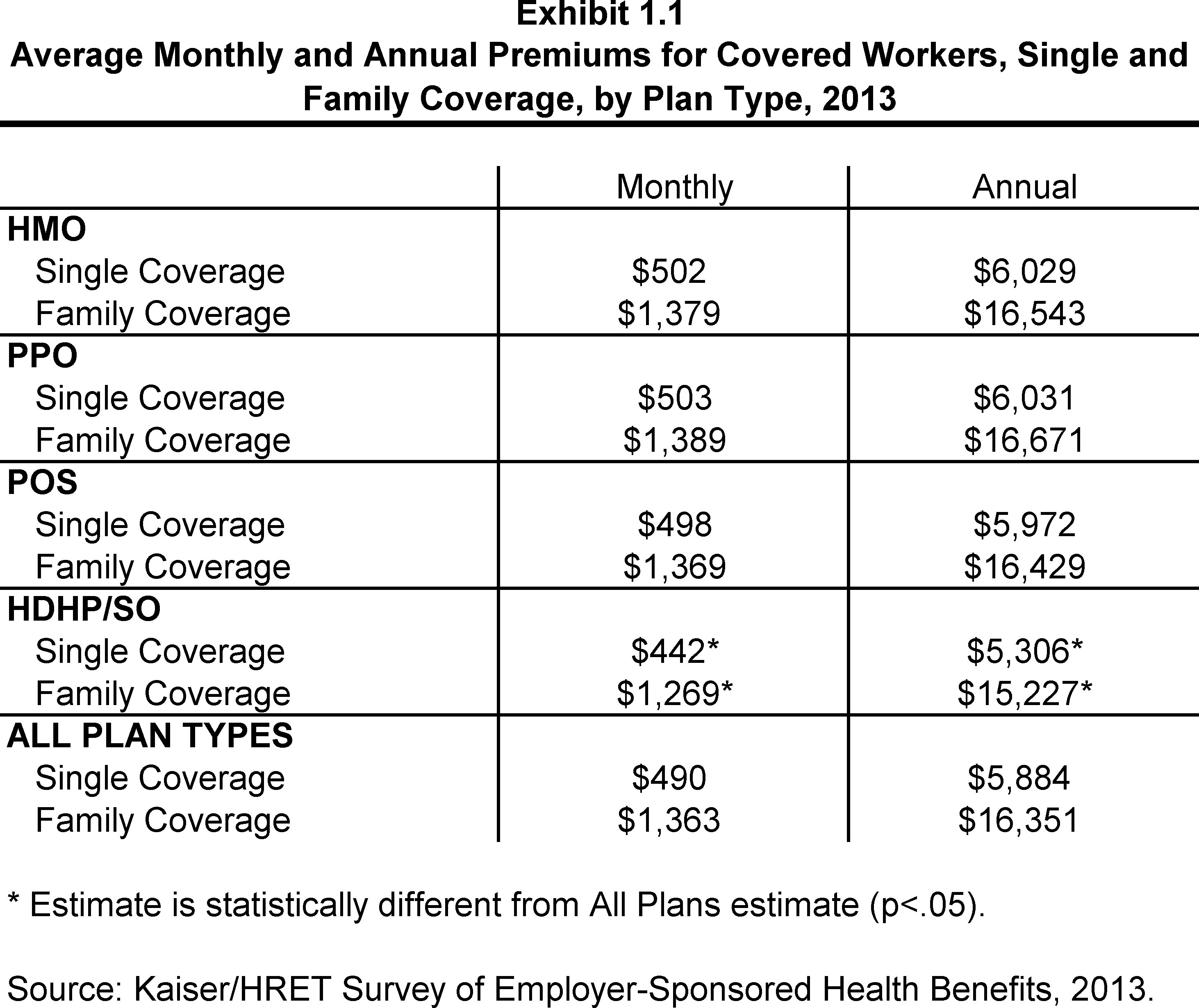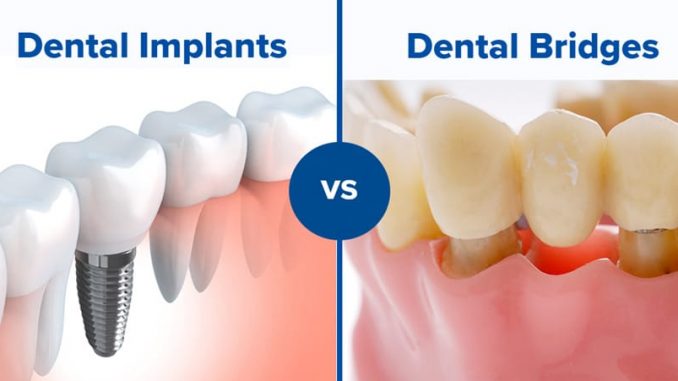Vincent and the Grenadines, and Trinidad and Tobago. Subsequently, Antigua and Barbuda signed a Post 98 agreement in September 2003; Belize signed one weslin financial in December 2003; and Dominica signed one in Might 2004. This leaves Barbados, St. Vincent, and Trinidad and Tobago as the 3 Caribbean nations forgoing U.S. military support due to the fact that of the ASPA sanction. Trinidad and Tobago, which played a leading role in the establishment of the ICC, has actually strongly resisted signing an arrangement, as has Barbados. (For extra information see CRS Report RL33337, Post 98 Contracts and Sanctions on U.S. Foreign Help to Latin America, by [author name scrubbed]) Due to the fact that of their geographic place, lots of Caribbean nations are transit countries for drug and heroin from South America predestined for the U.S.
In addition, 2 Caribbean nations, Jamaica and St. Vincent and the Grenadinesare large manufacturers and exporters of marijuana. Of the 16 nations in the Caribbean region, President Bush in September 2006 designated four of them as significant drug-producing or drug-transit countries pursuant to annual legislative drug accreditation requirements: the Bahamas, the Dominican Republic, Haiti, and Jamaica. The President urged the brand-new federal government in Haiti to reinforce law enforcement and the judiciary to bring drug trafficking and criminal activity under control. All 4 designated Caribbean nations are significant transit countries for illegal drugs to the U.S. market, and Jamaica is the largest marijuana producer and exporter in the Caribbean.

The Dominican Republic, a major transit country for both cocaine and heroin, works together closely with the United States, although the State Department's March 2006 International Narcotics Control Strategy Report notes that "corruption and weak governmental organizations stayed an impediment to controlling the circulation of unlawful narcotics" through the nation. Jamaican cooperation with U.S. police on counternarcotics efforts is explained by the State Department report as outstanding most of the times, although it keeps that the government requires to further intensify its police efforts and enhance global cooperation. In Haiti, anti-drug efforts have actually been obstructed over the years by weak organizations, bad financial conditions, and political instability.

Many other Caribbean countries, while not designated significant transit countries, are still susceptible to drug trafficking and associated criminal activities since of their geographic area. In particular, the State Department's March 2006 report preserves that such criminal offenses have the prospective to threaten the stability of the small states of the Eastern Caribbean, and to varying degrees, have harmed civil society in some of these nations. Provided the poor outlook for the banana market in the Caribbean, some observers believe that it will be difficult to contain cannabis production unless there is adequate support to diversify these economies far from banana production.
Vincent and the Grenadines is the largest cannabis manufacturer in the Eastern Caribbean. Efforts to punish money laundering likewise constitute a significant part of U.S. What is a consumer finance company. anti-drug technique, and became progressively essential as a counter-terrorist technique in the consequences of the September 2001 terrorist attacks in the United States. The State Department's list of major money laundering nations (likewise categorized as "jurisdictions of primary concern") includes six Caribbean nations, Antigua and Barbuda, the Bahamas, Belize, the Dominican Republic, Haiti, and St. Kitts and Nevisand one British Caribbean reliance, the Cayman Islands. The Department of State preserves that although Antigua and Barbuda has thorough legislation to manage its monetary sector, the country stays susceptible to cash laundering because the sector is loosely managed and since of its Web video gaming industry.
Some Ideas on How Long Should You Finance A Car You Should Know
In Belize, cash laundering is thought to happen mainly in the nation's growing offshore financial center. Money laundering in both the Dominican Republic and Haiti come from their functions as significant drug transhipment points. In the Dominican Republic, monetary organizations participate in transactions with cash derived from controlled substance sales in the United States, with carrier and wire transfers the main approaches for moving the funds. St. Kitts and Nevis, according to the State Department, is at major risk for corruption and cash laundering because of the high volume of narcotics being trafficked through the nation and because of the presence of recognized traffickers on the islands.
The FATF evaluative procedure has been a major aspect in Caribbean countries improving their anti-money laundering regimes. Four Caribbean countries and one reliant territory were on the very first FATF non-cooperative list provided in 2000: the Bahamas, the Cayman Islands, Dominica, St. Kitts and Nevis, and St. Vincent and the Grenadines. Grenada was contributed to the list in September 2001. Subsequent actions by all these countries to improve their anti-money laundering regimes resulted in all of them being gotten rid of from the list by June 2003. The Bahamas and the Cayman Islands were eliminated from the list in June 2001; St. Kitts and Nevis in June 2002; Dominica in October 2002; Grenada in February 2003; and St.
Once a nation is removed from the list, the FATF continues to keep an eye on developments in the country to ensure compliance. Some Caribbean officials and others have actually grumbled that pressure to strengthen and implement anti-money laundering regimes in the area will have a harmful effect on its overseas financial sectors. They preserve that the anti-money laundering procedures required have actually been indiscriminate and constitute an attack on genuine service conducted in the little monetary sectors of the area. In particular, after the U.S. congressional passage of new anti-money laundering provisions in the U.S.A. PATRIOT Act (P.L. 107-56, Title III), authorized in the aftermath of follow this link the September 11 terrorist attacks, some feared that the more stringent analysis of deals between U.S.
The act's anti-money laundering arrangements include a restriction on U.S. correspondent accounts with shell banks (banks that have no physical existence in the chartering nation) and tighter bank record keeping requirements. Some observers preserve that the fortifying of anti-money laundering programs in the Caribbean will have completion outcome of increasing the attractiveness of the region's overseas monetary sectors for genuine service deals. According to this view, such efforts as the FATF evaluative process and the newer anti-money laundering procedures under the PATRIOT Act will assist change the credibility of the Caribbean as being a haven for cash launderers and tax evaders.
In 1983, Congress enacted the Caribbean Basin Economic Recovery Act (CBERA) (P.L. 98-67), the centerpiece of a more comprehensive U.S. diplomacy initiative called the Caribbean Basin Effort (CBI) connecting Central America and Caribbean nations together under one preferential trade program. The CBERA enabled duty-free importation of many categories of products with specific exceptions. The majority of apparel and fabric goods were disqualified under the CBERA, can you make money renting your timeshare however in the late 1980s imports of apparel from CBERA countries that were put together from U.S. components were qualified for minimized responsibilities. These production-sharing plans enhanced the clothing sectors of numerous Caribbean Basin nations, including most significantly the Dominican Republic.